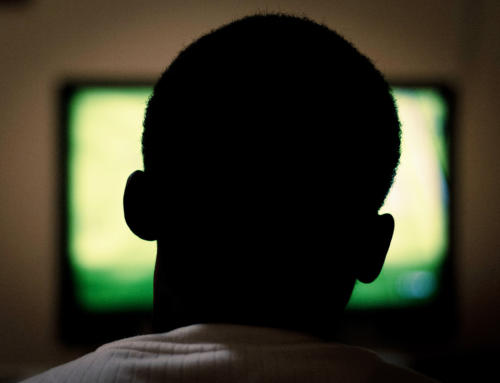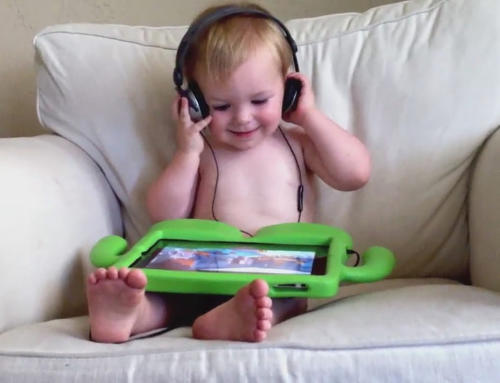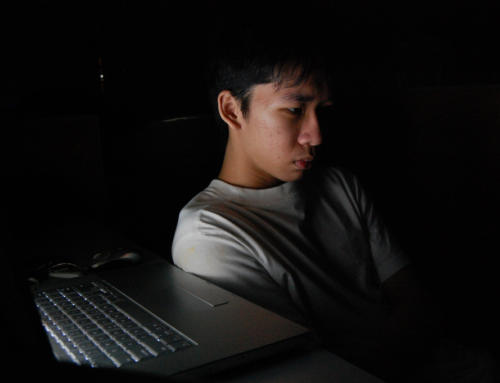
Nurturing Young Minds
Edited by Dr Ramesh Manocha & Gyongyi Horvath
To read the full chapter go to Volume 2, chapter 7, pp. 102-118.
Authors

Dr Philip Tam
Child and Adolescent Psychiatrist in Sydney, Australia.
Dr Philip Tam is a Sydney-based child psychiatrist, lecturer and researcher with a longstanding interest in the complex domain of internet and video-gaming related disorders. Trained in Cambridge and London Universities, in 2011 he co-founded the Network for Internet Investigation and Research in Australia, to provide practical information and assistance to families struggling with problem internet use. He sits on the DSM-5 group’s International Working Group investigating ‘Internet Gaming Disorder’.
Website: www.niira.org.au
This chapter will describe practical, useful ways for a concerned family member or parent of a child with suspected internet-related problems to begin to assess the situation. It will also be of assistance to a non-specialist clinician or youth-health worker in the appraisal and formulation of a case of Problematic Internet Use (PIU) in a teenager or a child.
Want to Learn More, Get Help or Find Support?
Know a useful resource that is not listed here? Please tell us about it!







